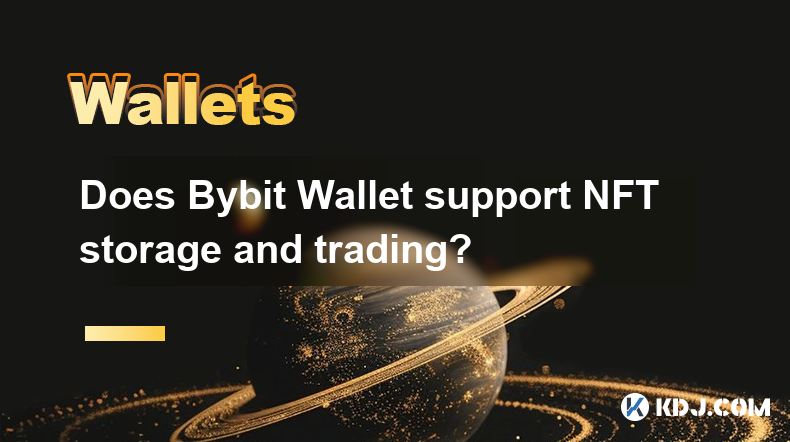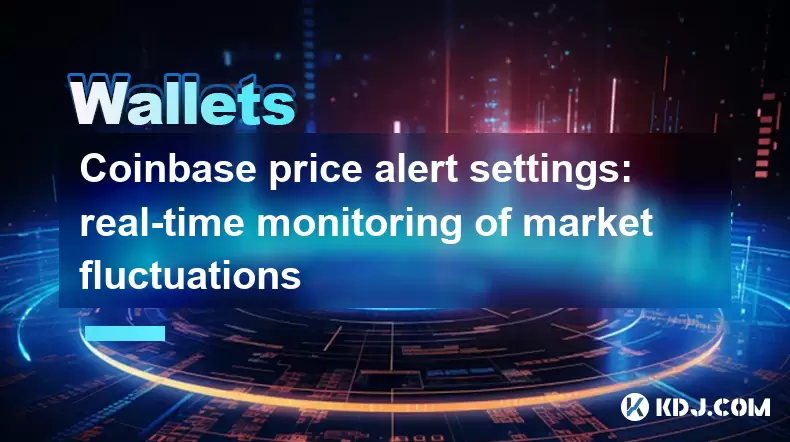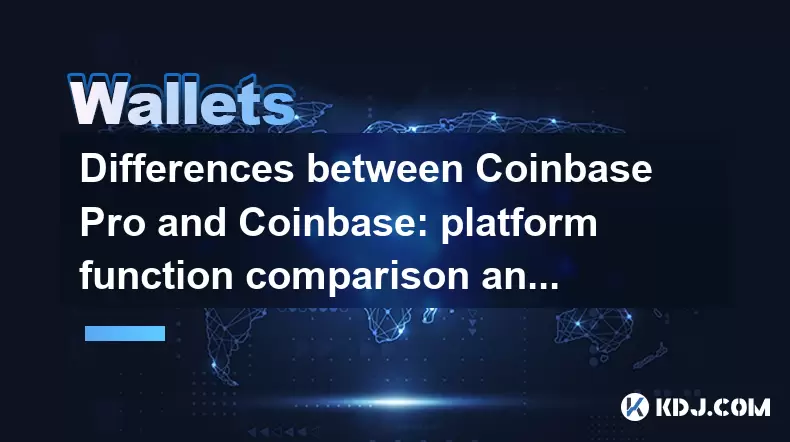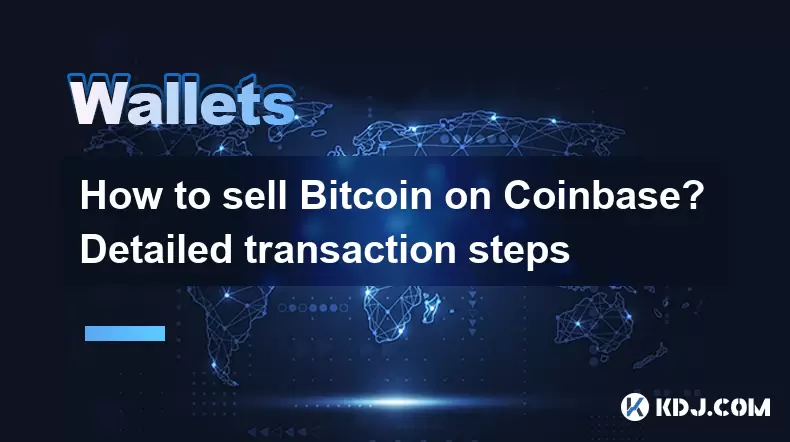-
 Bitcoin
Bitcoin $108,165.4587
0.78% -
 Ethereum
Ethereum $2,456.3517
1.15% -
 Tether USDt
Tether USDt $1.0003
0.00% -
 XRP
XRP $2.1934
0.05% -
 BNB
BNB $650.0935
0.52% -
 Solana
Solana $151.3905
2.69% -
 USDC
USDC $0.9998
0.00% -
 TRON
TRON $0.2751
-0.32% -
 Dogecoin
Dogecoin $0.1640
0.87% -
 Cardano
Cardano $0.5631
0.57% -
 Hyperliquid
Hyperliquid $38.7115
4.69% -
 Bitcoin Cash
Bitcoin Cash $493.1868
-0.39% -
 Sui
Sui $2.8217
3.61% -
 Chainlink
Chainlink $13.3994
2.08% -
 UNUS SED LEO
UNUS SED LEO $9.1632
0.94% -
 Avalanche
Avalanche $18.0318
1.97% -
 Stellar
Stellar $0.2388
0.35% -
 Toncoin
Toncoin $2.8763
1.41% -
 Shiba Inu
Shiba Inu $0.0...01160
1.59% -
 Litecoin
Litecoin $86.6393
1.29% -
 Hedera
Hedera $0.1485
0.16% -
 Monero
Monero $315.7948
1.56% -
 Polkadot
Polkadot $3.4240
1.88% -
 Bitget Token
Bitget Token $4.6314
-0.44% -
 Dai
Dai $0.9998
-0.01% -
 Ethena USDe
Ethena USDe $1.0002
-0.01% -
 Uniswap
Uniswap $7.2110
2.59% -
 Aave
Aave $270.6087
6.07% -
 Pi
Pi $0.5350
0.52% -
 Pepe
Pepe $0.0...09545
1.26%
Does Bybit Wallet support NFT storage and trading?
Bybit's wallet focuses on cryptocurrencies, not NFTs; users must use alternative platforms like OpenSea or MetaMask for NFT storage and trading.
Apr 02, 2025 at 02:42 pm

Bybit, a popular cryptocurrency exchange, offers a range of services, but its wallet functionality is primarily focused on supporting cryptocurrencies and not directly on NFTs. This article will delve into the specifics of Bybit's capabilities concerning Non-Fungible Tokens (NFTs).
Bybit Wallet and its Current Functionality
The Bybit Wallet is designed for storing and managing various cryptocurrencies. It offers features like secure storage, convenient transfers, and integration with the Bybit exchange. However, it currently does not provide native support for NFT storage or trading. This means you cannot directly store, view, or trade NFTs within the Bybit Wallet interface. The platform’s focus remains on its core offerings of cryptocurrency trading and related services.
Understanding NFT Storage and Trading
Before we explore alternative options, let's clarify what NFT storage and trading entail. NFT storage requires a platform that can securely host the metadata and often the actual image or file associated with the NFT. Trading involves using a marketplace or decentralized application (dApp) that allows users to buy, sell, and list NFTs. These marketplaces often integrate with various wallets to manage the transfer of ownership.
Why Bybit Doesn't (Yet) Support NFTs
Bybit's current infrastructure and strategic focus likely explain the absence of NFT functionality. Developing and maintaining NFT support requires significant resources and expertise in areas such as blockchain integration and decentralized storage solutions. Bybit might prioritize expanding its core cryptocurrency services before venturing into the NFT space. This is a common strategy for many exchanges focusing on their primary strengths.
Alternative Options for NFT Storage and Trading
If you are looking to store and trade NFTs, several reputable platforms are available. These include:
Dedicated NFT Marketplaces: Platforms like OpenSea, Rarible, and SuperRare are specifically designed for NFT trading and offer secure storage solutions. These platforms often integrate with various crypto wallets.
Crypto Wallets with NFT Support: Some crypto wallets, such as MetaMask, Trust Wallet, and Ledger Live, offer built-in support for NFTs, allowing you to store, view, and manage your collection. These wallets often connect to NFT marketplaces for trading purposes.
Decentralized Storage Solutions: Services like IPFS (InterPlanetary File System) offer decentralized storage for NFT metadata and files. This ensures that your NFT data is not dependent on a single entity. However, accessing and interacting with NFTs stored on IPFS often requires specialized tools and knowledge.
Security Considerations for NFT Storage and Trading
When choosing a platform for NFT storage and trading, security is paramount. Always research the platform's reputation and security measures before entrusting your NFTs to it. Consider using a hardware wallet for enhanced security, especially for valuable NFTs. Be wary of phishing scams and fraudulent websites claiming to offer NFT services. Always verify the legitimacy of any platform or marketplace before interacting with it.
Connecting Your Wallet to NFT Marketplaces
Most NFT marketplaces allow you to connect your existing crypto wallet, such as MetaMask or Trust Wallet, to facilitate trading. The process usually involves a simple connection request through the marketplace interface. Always double-check the address of the marketplace before connecting your wallet to avoid phishing attacks. Connecting your wallet grants the marketplace access to your NFTs for buying, selling, and listing purposes. Remember to disconnect your wallet when you are finished trading.
Understanding Gas Fees in NFT Transactions
NFT transactions often involve gas fees, which are fees paid to the blockchain network for processing transactions. These fees can vary depending on the network congestion and the complexity of the transaction. Understanding gas fees is crucial for budgeting your NFT transactions. High gas fees can significantly impact the cost of buying, selling, or transferring NFTs. Different blockchains have different gas fee structures.
The Future of NFTs and Bybit
While Bybit currently doesn't offer direct NFT support, the future might hold changes. The growing popularity of NFTs could lead Bybit to consider integrating NFT functionalities into its platform. However, this remains speculative, and there's no official announcement indicating such plans. For now, users seeking NFT services need to rely on alternative platforms.
Frequently Asked Questions
Q: Can I store my NFTs in my Bybit account?
A: No, Bybit's wallet currently does not support NFT storage. You will need a wallet specifically designed for NFT storage and management.
Q: Can I trade NFTs on the Bybit exchange?
A: No, Bybit does not currently offer an NFT marketplace or trading functionality. You'll need to use a dedicated NFT marketplace.
Q: Will Bybit add NFT support in the future?
A: There is no official announcement from Bybit regarding future NFT support. It remains uncertain.
Q: What are the safest ways to store my NFTs?
A: Using a reputable hardware wallet or a software wallet with strong security features is recommended. Consider using a wallet specifically designed for NFT storage.
Q: How do I choose a reliable NFT marketplace?
A: Research the marketplace's reputation, security features, and user reviews before using it. Look for platforms with established security measures and a history of trustworthy operations. Avoid platforms with suspicious activity or poor reviews.
Disclaimer:info@kdj.com
The information provided is not trading advice. kdj.com does not assume any responsibility for any investments made based on the information provided in this article. Cryptocurrencies are highly volatile and it is highly recommended that you invest with caution after thorough research!
If you believe that the content used on this website infringes your copyright, please contact us immediately (info@kdj.com) and we will delete it promptly.
- SEI TVL Soars, Price Hints at Breakout: What's Next?
- 2025-06-29 18:30:12
- Cardano, Bitcoin Cash, Remittix: Charting the Course for Crypto's Next Big Moves
- 2025-06-29 18:50:12
- Stock Market News, Weekly Review, June 2025: A Month of Crypto, Commodities, and Corporate Maneuvers
- 2025-06-29 18:30:12
- Vitalik Buterin, Sam Altman, and the World of Digital Identity: A Delicate Balance
- 2025-06-29 19:10:15
- Crypto Diplomacy Takes Root: Pakistan's Bitcoin Reserve Ambitions
- 2025-06-29 18:55:12
- Altcoins on the Rebound? Institutional Interest Ignites Recovery Hopes
- 2025-06-29 18:55:12
Related knowledge

Coinbase price alert settings: real-time monitoring of market fluctuations
Jun 29,2025 at 07:00am
Setting Up Coinbase Price AlertsTo begin real-time monitoring of market fluctuations on Coinbase, users can utilize the built-in price alert feature. This function allows you to receive notifications when a cryptocurrency reaches a specific price point. To access this setting, open the Coinbase app or log in via the web platform. Navigate to the 'Prices...

How to stake cryptocurrencies on Coinbase? Benefits and risks
Jun 27,2025 at 06:36pm
Understanding Cryptocurrency Staking on CoinbaseStaking cryptocurrencies involves locking up digital assets to support the operations of a blockchain network, typically in return for rewards. Coinbase, one of the most popular cryptocurrency exchanges globally, offers staking services for several proof-of-stake (PoS) coins. Users can stake their holdings...

Differences between Coinbase Pro and Coinbase: platform function comparison and analysis
Jun 29,2025 at 08:21am
Overview of Coinbase and Coinbase ProWhen exploring the cryptocurrency trading landscape, users often encounter two platforms under the same parent company: Coinbase and Coinbase Pro. While both are operated by the same organization, they cater to different types of users and offer varying features. Coinbase is primarily designed for beginners and casua...

How to contact Coinbase customer service? Support channels and response times
Jun 28,2025 at 01:29pm
Contacting Coinbase Customer Service: Support Channels and Response TimesIf you're a user of Coinbase, reaching their customer service team may become necessary for various reasons, such as account verification issues, transaction disputes, or technical difficulties. Understanding the different support channels available and what to expect in terms of r...

Coinbase advanced trading function usage tutorial: limit orders and market orders
Jun 28,2025 at 09:07pm
Understanding the Difference Between Limit Orders and Market OrdersWhen using Coinbase's advanced trading features, it is crucial to understand the fundamental difference between limit orders and market orders. A market order executes immediately at the best available price on the market. This type of order ensures that your trade goes through quickly, ...

How to sell Bitcoin on Coinbase? Detailed transaction steps
Jun 29,2025 at 04:22am
Setting Up Your Coinbase Account for TransactionsBefore you can sell Bitcoin on Coinbase, you must ensure your account is fully set up and verified. Coinbase requires identity verification to comply with regulatory standards. This process involves uploading a government-issued ID, confirming your address, and sometimes submitting a selfie holding the ID...

Coinbase price alert settings: real-time monitoring of market fluctuations
Jun 29,2025 at 07:00am
Setting Up Coinbase Price AlertsTo begin real-time monitoring of market fluctuations on Coinbase, users can utilize the built-in price alert feature. This function allows you to receive notifications when a cryptocurrency reaches a specific price point. To access this setting, open the Coinbase app or log in via the web platform. Navigate to the 'Prices...

How to stake cryptocurrencies on Coinbase? Benefits and risks
Jun 27,2025 at 06:36pm
Understanding Cryptocurrency Staking on CoinbaseStaking cryptocurrencies involves locking up digital assets to support the operations of a blockchain network, typically in return for rewards. Coinbase, one of the most popular cryptocurrency exchanges globally, offers staking services for several proof-of-stake (PoS) coins. Users can stake their holdings...

Differences between Coinbase Pro and Coinbase: platform function comparison and analysis
Jun 29,2025 at 08:21am
Overview of Coinbase and Coinbase ProWhen exploring the cryptocurrency trading landscape, users often encounter two platforms under the same parent company: Coinbase and Coinbase Pro. While both are operated by the same organization, they cater to different types of users and offer varying features. Coinbase is primarily designed for beginners and casua...

How to contact Coinbase customer service? Support channels and response times
Jun 28,2025 at 01:29pm
Contacting Coinbase Customer Service: Support Channels and Response TimesIf you're a user of Coinbase, reaching their customer service team may become necessary for various reasons, such as account verification issues, transaction disputes, or technical difficulties. Understanding the different support channels available and what to expect in terms of r...

Coinbase advanced trading function usage tutorial: limit orders and market orders
Jun 28,2025 at 09:07pm
Understanding the Difference Between Limit Orders and Market OrdersWhen using Coinbase's advanced trading features, it is crucial to understand the fundamental difference between limit orders and market orders. A market order executes immediately at the best available price on the market. This type of order ensures that your trade goes through quickly, ...

How to sell Bitcoin on Coinbase? Detailed transaction steps
Jun 29,2025 at 04:22am
Setting Up Your Coinbase Account for TransactionsBefore you can sell Bitcoin on Coinbase, you must ensure your account is fully set up and verified. Coinbase requires identity verification to comply with regulatory standards. This process involves uploading a government-issued ID, confirming your address, and sometimes submitting a selfie holding the ID...
See all articles

























































































